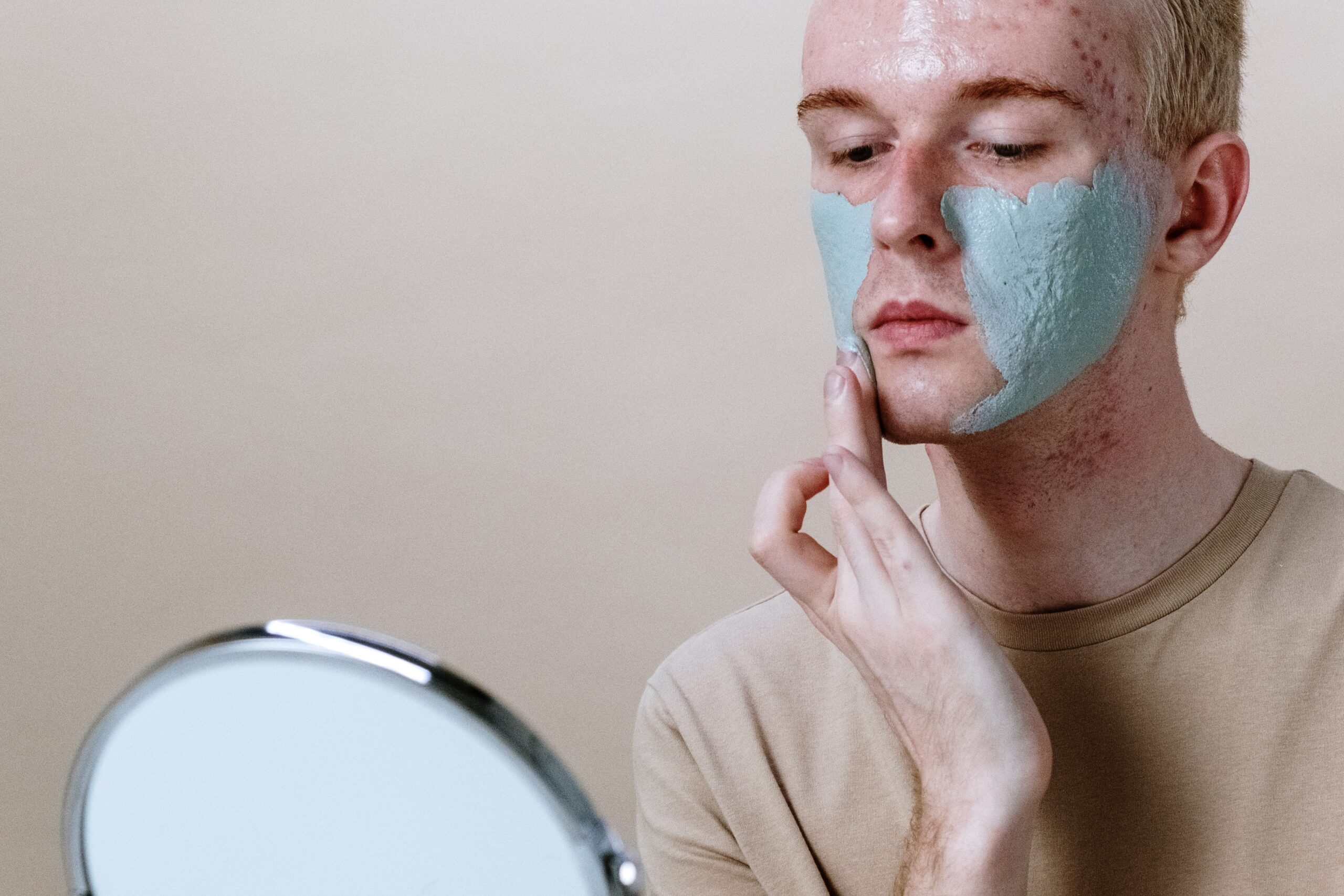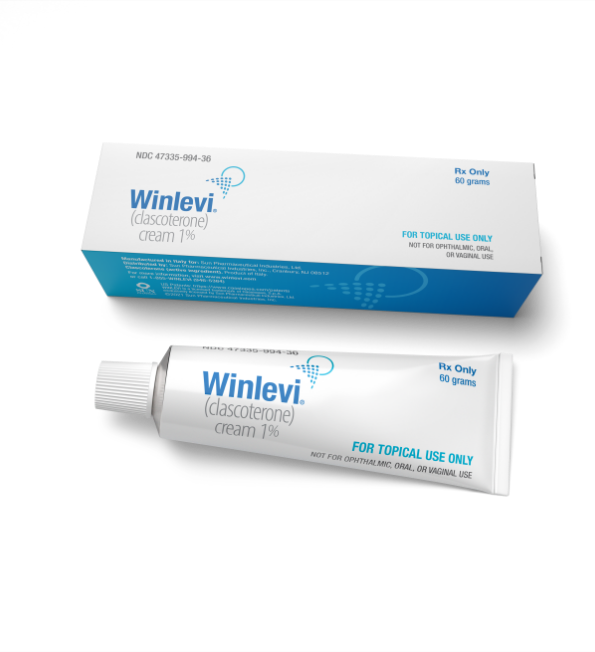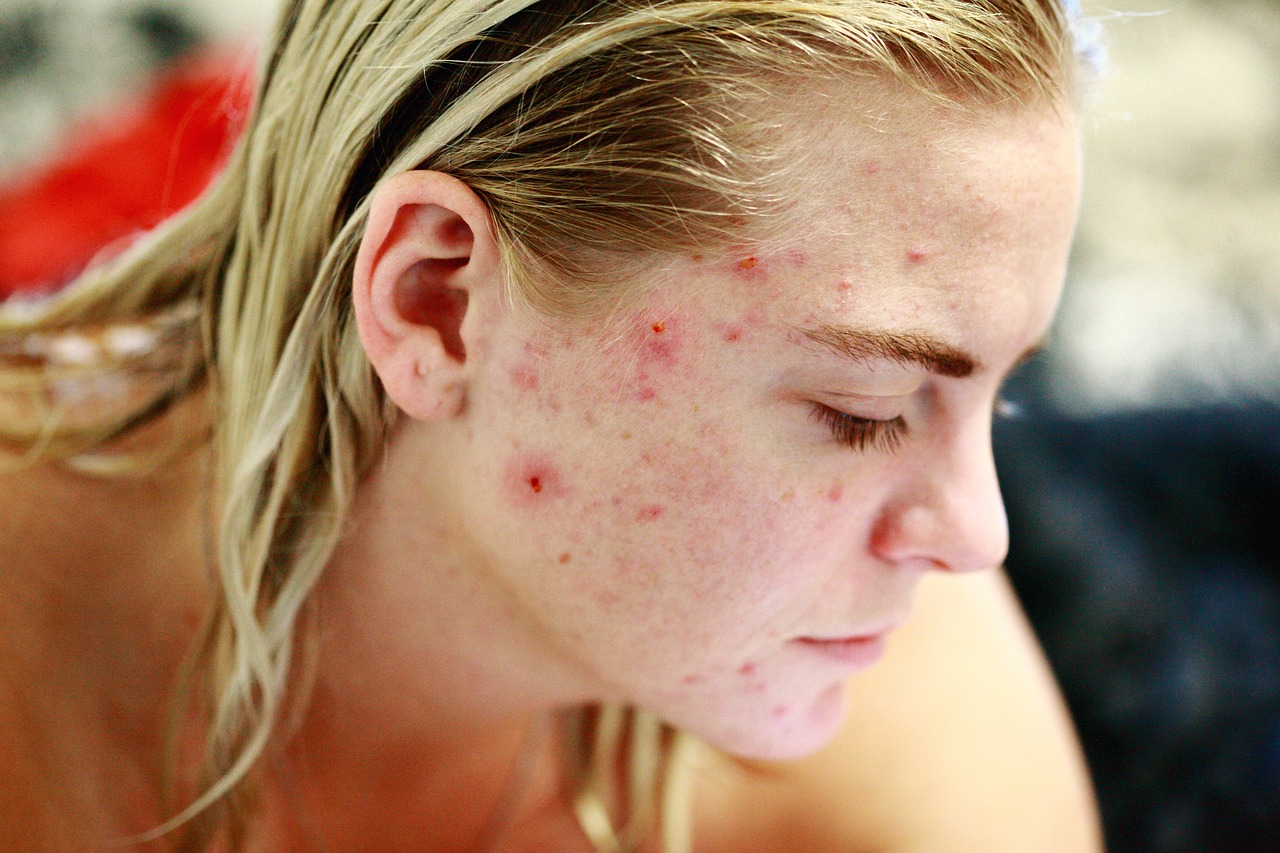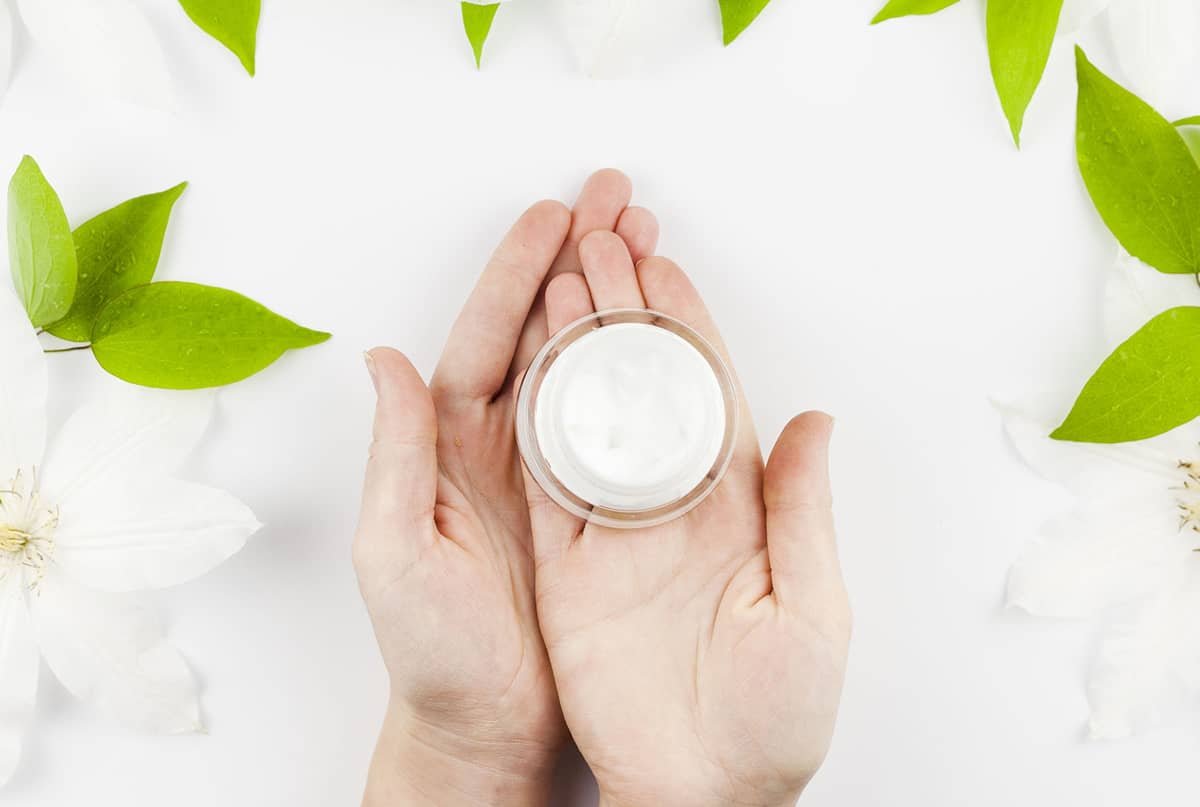Introduction
Hormonal acne is a common skin issue affecting people during various life stages, from adolescence to adulthood. Unlike standard acne, hormonal acne is closely tied to hormonal fluctuations and can be particularly stubborn to treat. One promising avenue for treatment is the use of androgen receptor inhibitors, with Winlevi (Clascoterone) serving as a notable example. This article will delve into the role of androgen receptor inhibitors in treating hormonal acne.
Understanding Hormonal Acne
Hormonal acne often surfaces during times of hormonal imbalance, such as puberty, menstruation, pregnancy, or menopause. It usually presents as deep, painful cysts, primarily around the jawline, chin, and cheeks.
Causes
- Androgens: Hormones like testosterone can ramp up oil production in the skin, leading to clogged pores and acne.
- Menstrual Cycle: Hormonal shifts during the menstrual cycle can trigger breakouts in women.
- Stress: Elevated stress levels can disrupt hormones, contributing to acne.
Androgen Receptor Inhibitors in Acne Treatment
How They Work
Androgen receptor inhibitors, like Clascoterone in Winlevi, work by targeting and blocking the skin’s androgen receptors. This action minimizes the impact of hormones like testosterone on the skin, leading to reduced oil production and inflammation—two key factors in the development of hormonal acne.
Clinical Studies and Effectiveness
- Reduction in Lesions: Clinical trials have shown that patients using androgen receptor inhibitors experienced a significant reduction in both inflammatory and non-inflammatory lesions. Efficacy | WINLEVI® (clascoterone) cream 1% (winlevi-hcp.com)
- Safety Profile: These treatments are generally well-tolerated, with common side effects being mild, such as skin irritation and redness. WINLEVI® (clascoterone) cream 1% Dosing & Safety (winlevi-hcp.com)
Benefits
- Targeted Treatment: Androgen receptor inhibitors specifically address hormonal acne, offering an effective solution for those unresponsive to traditional treatments.
- Minimal Side Effects: Being topical treatments, they have fewer systemic side effects compared to oral medications.
- Ease of Use: These are usually creams or gels that can be easily applied to the affected areas.
How to Discuss Androgen Receptor Inhibitors with Your Dermatologist
If you suspect your acne is hormonal and are interested in trying androgen receptor inhibitors like Winlevi, here’s how to approach your dermatologist:
- Do Your Research: Understand the basics of androgen receptor inhibitors.
- Prepare Your Questions: List down any queries or concerns you may have.
- Schedule a Consultation: Book an appointment to discuss your acne and potential treatments.
- Express Your Interest: Clearly state your interest in trying androgen receptor inhibitors and ask for their professional opinion.
- Follow Their Guidance: Your dermatologist will evaluate your condition and advise if this treatment is appropriate for you.
Conclusion
Hormonal acne is a complex condition that can be both physically and emotionally taxing. Androgen receptor inhibitors offer a promising new approach to tackling this specific type of acne. Clinical studies have shown their effectiveness in reducing acne lesions with minimal side effects. If you’re grappling with hormonal acne, consider discussing the use of androgen receptor inhibitors with your dermatologist.




